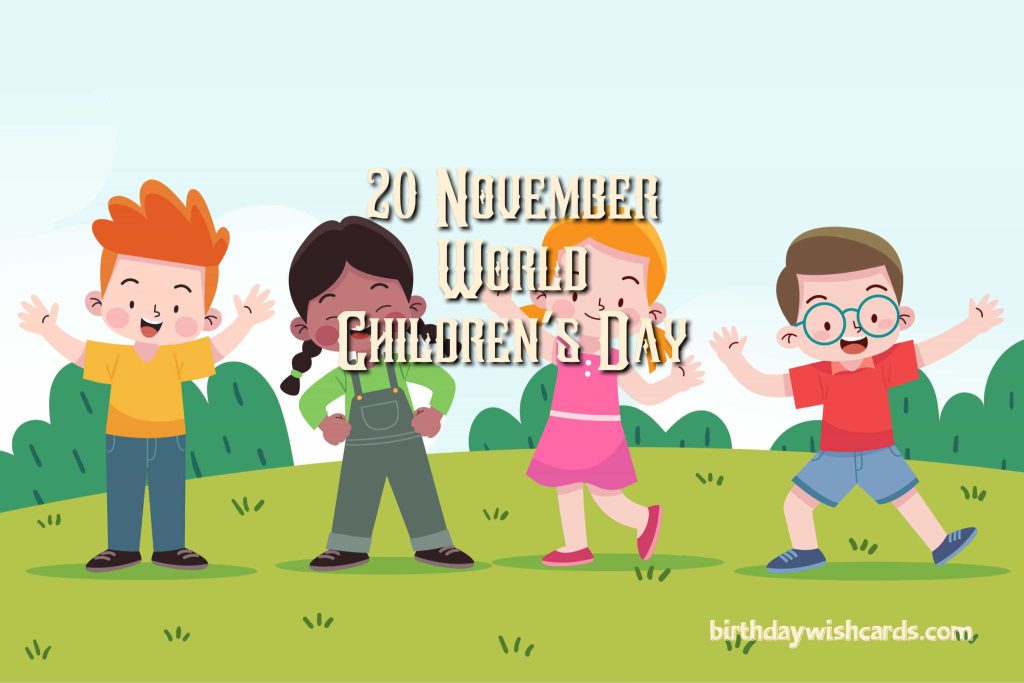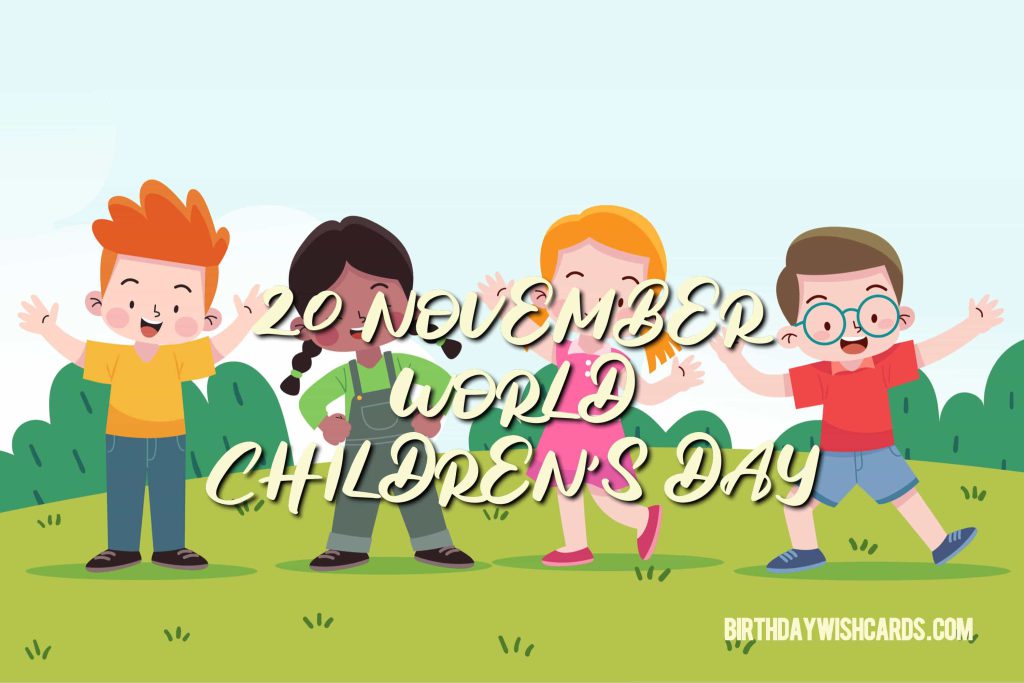
12 April: International Day for Street Children
Origins of the International Day for Street Children
The International Day for Street Children was established on 12 April 2011 to amplify the voices of millions of street children worldwide. This day is dedicated to raising global awareness about the rights and challenges faced by these vulnerable young people, and to ensuring their rights are recognized and protected.
Street children are minors who live or spend significant time on the streets, often without parental care or supervision. Many grow up in harsh environments—such as public landfills, train stations, or under bridges in cities around the world. Family conflict, abuse, or unsafe home environments often force them onto the streets, where they seek safety and survival.
Most countries—except a few, such as the United States—have signed and ratified the United Nations Convention on the Rights of the Child (UNCRC), which obligates governments to protect and promote children’s rights in national law. While the UNCRC guarantees fundamental rights to all children, many government policies and practices still overlook or exclude street children, leaving them marginalized and unprotected.
Purpose and Significance of the Day
The International Day for Street Children serves as a vital platform to recognize the dignity, resilience, and humanity of street children everywhere. It brings attention to the severe hardships these children endure and advocates for their inclusion in society, ensuring access to essential services such as education, healthcare, and legal protection.
This observance calls upon governments, organizations, and individuals to work together to uphold the rights of street children, regardless of their background or circumstances. The day also highlights the urgent need to address the unique vulnerabilities of street children, especially during crises such as the COVID-19 pandemic.
Global Activities and Observances
Since 2012, the International Day for Street Children has been marked around the world with events designed to empower street children and raise awareness of their situation. Typical activities include:
- Workshops and forums where street children share their experiences, needs, and aspirations.
- Letter-writing campaigns enabling children to communicate directly with policymakers and advocate for better protection and support.
- Public awareness campaigns highlighting the challenges street children face, such as limited access to healthcare, education, and legal safeguards.
- Community events that foster solidarity and promote the inclusion of street children in society.
This day also serves as a collective call to action, urging governments to ensure that the COVID-19 pandemic does not further endanger street children. Authorities are encouraged to include street children in response and recovery plans, providing vital services and protection.
The Impact of COVID-19 on Street Children
The COVID-19 pandemic has disproportionately affected street children, worsening their vulnerabilities. Many have lost access to essential services, including education, healthcare, and social support. The crisis has also heightened their risk of exploitation, abuse, and neglect.
The 2024 observance of the International Day for Street Children underscores the urgent need for comprehensive policies to address these challenges. It calls on governments to:
- Ensure street children have access to healthcare, including vaccinations and mental health support.
- Guarantee uninterrupted access to quality education, even during lockdowns or school closures.
- Strengthen legal protections to safeguard street children from violence, trafficking, and exploitation.
- Promote social inclusion and reintegration opportunities for street children and homeless youth.
How You Can Support Street Children
Street children are present in communities across the globe. No matter where you live, you can make a meaningful difference in their lives:
- Advocate: Contact your local representatives and urge them to prioritize the rights and welfare of street children in policy decisions.
- Volunteer: Support organizations that provide education, shelter, and healthcare to street children.
- Educate: Raise awareness in your community about the challenges street children face and the importance of inclusion.
- Donate: Contribute to reputable charities and NGOs that deliver vital services to street children worldwide.
- Engage: Participate in or organize events on 12 April to celebrate street children and help amplify their voices.
Images: Street Children Around the World
The images below capture the resilience, challenges, and courage of street children globally. Each photograph tells a story of strength and highlights the urgent need for societal support.
Conclusion
The International Day for Street Children is a crucial reminder of our global responsibility to protect and empower one of society’s most vulnerable groups. By recognizing their rights, addressing their challenges, and promoting inclusive policies, we can help street children live with dignity, safety, and hope for a brighter future.
To learn more about children’s rights and how you can support street children worldwide, visit the UNICEF Convention on the Rights of the Child and the Street Children organization.












